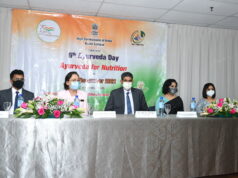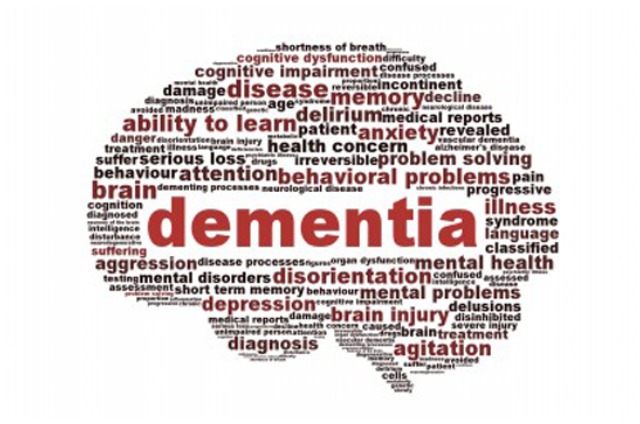

After an average of six years, 171 participants developed dementia and 102 had Alzheimer’s disease. The study found people with low levels of vitamin D had a 53-percent increased risk of developing dementia and those who were severely deficient had a 125-percent increased risk compared to participants with normal levels of vitamin D.
Similar results were recorded for Alzheimer’s disease, with the moderately deficient group 69 percent more likely to develop this type of dementia, jumping to a 122 percent increased risk for those severely deficient.
The results remained the same after researchers adjusted for other factors that could affect the risk of dementia such as education, smoking and alcohol consumption.
“We expected to find an association between low vitamin D levels and the risk of dementia and Alzheimer’s disease, but the results were surprising,” study author David Llewellyn of Britain’s University of Exeter said in a statement.
“We actually found that the association was twice as strong as we anticipated,” he said. Llewellyn said clinical trials are now needed to establish whether eating foods such as oily fish or taking vitamin D supplements can delay or prevent the onset of Alzheimer’s disease and dementia.
Dementia is one of the greatest challenges of our time, with 44 million cases worldwide and the number is expected to triple by 2050 as a result of rapid population aging.
Vitamin D comes from three main sources: exposure of skin to sunlight, foods such as oily fish and supplements.Older people’s skin can be less efficient at converting sunlight into vitamin D, making them more likely to be deficient and reliant on other sources. The study was published in the American Academy of Neurology journal Neurology.
-BERNAMA










